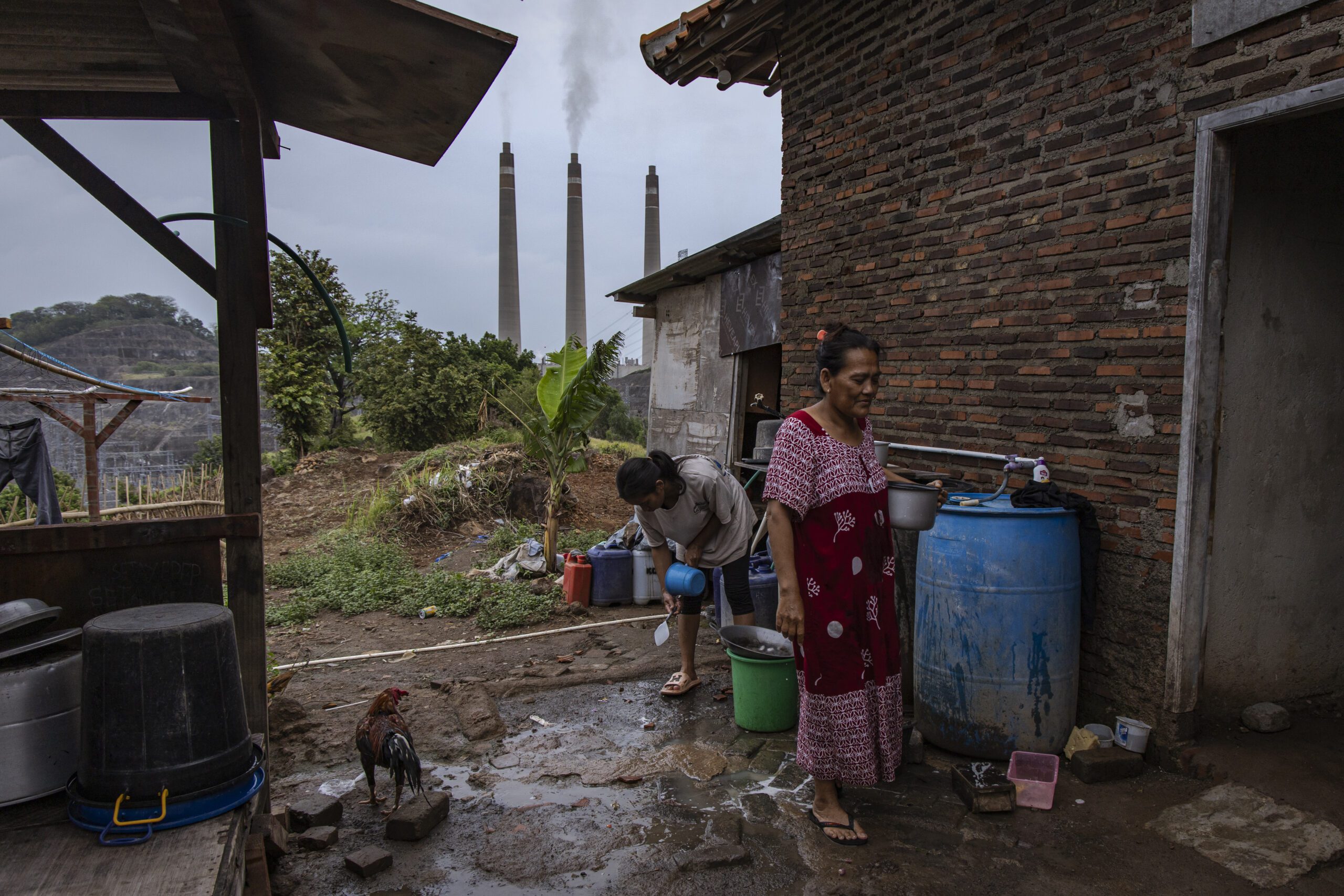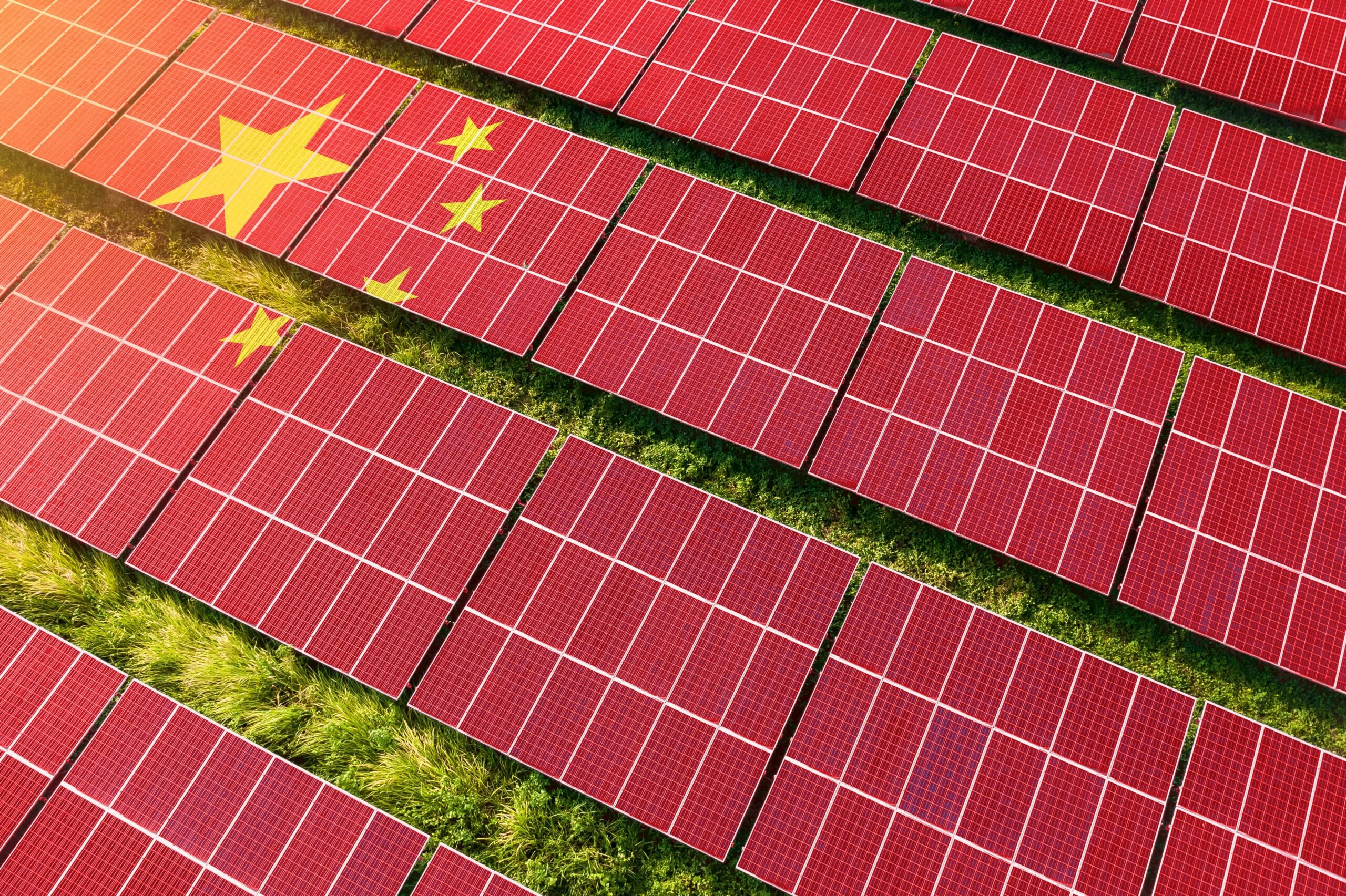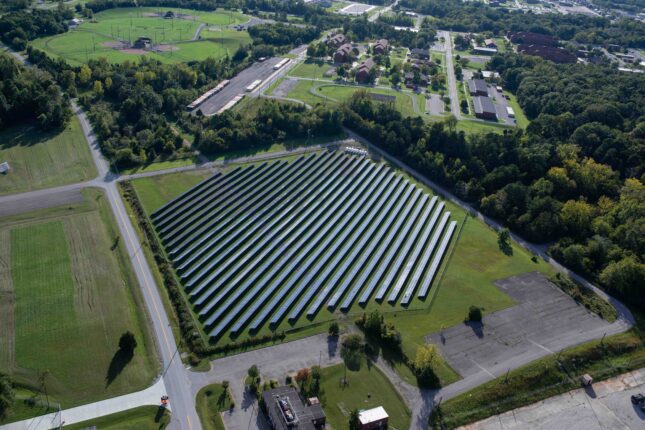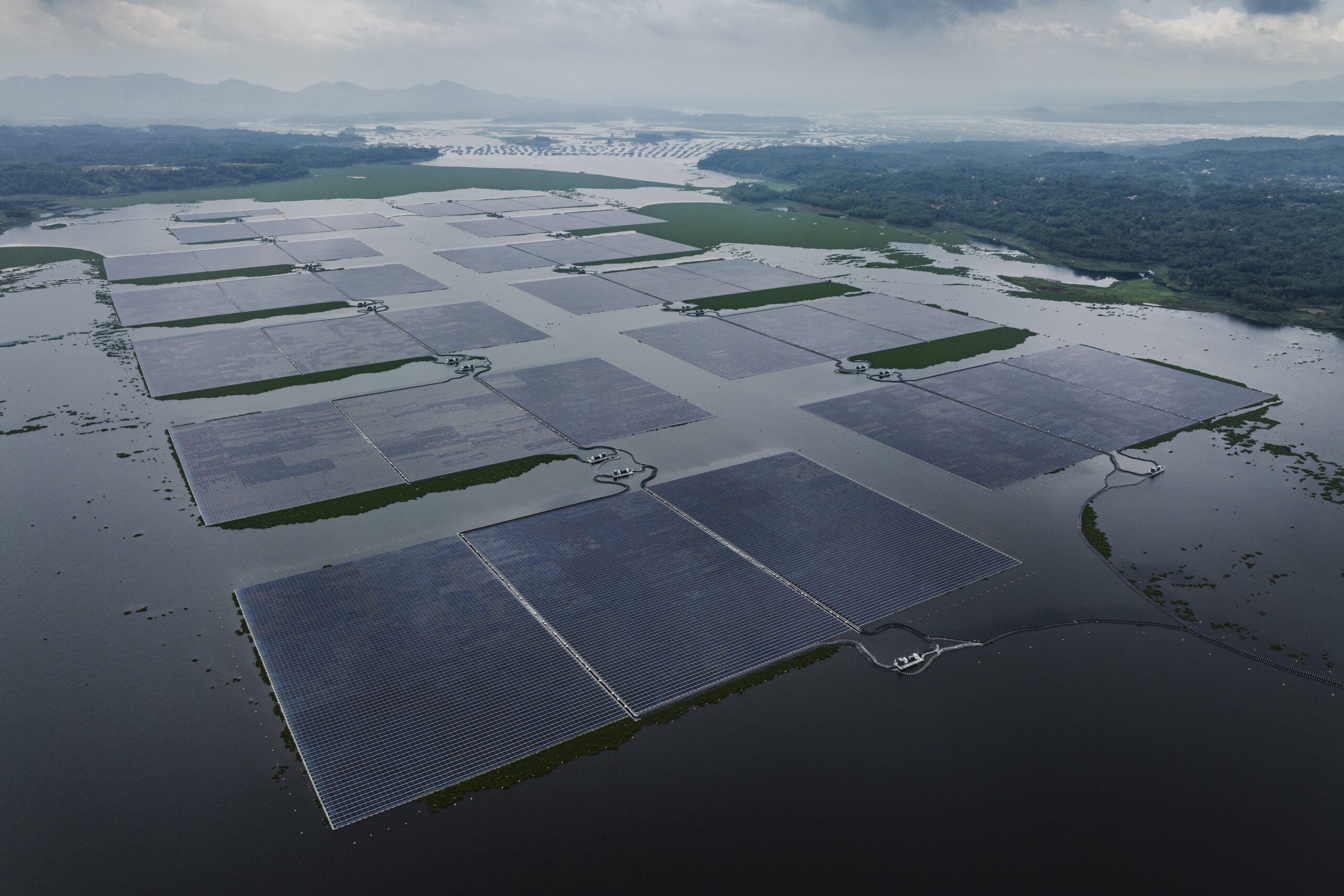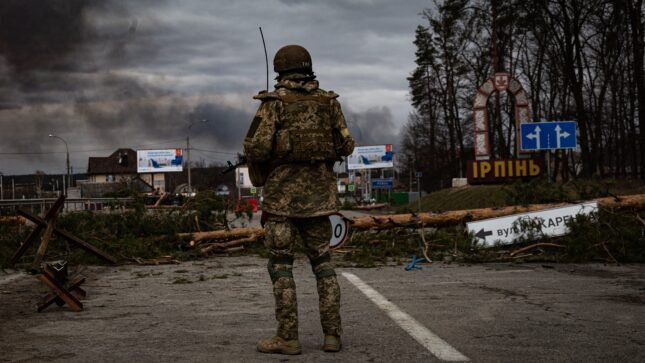-
ECSP Weekly Watch | February 17 – 21
›
A window into what we’re reading at the Wilson Center’s Environmental Change and Security Program
Africa Energy Bank Aims to Boost Energy Supply (Al Jazeera)
Nearly 43% of the African continent lacks consistent access to electricity, which is the lowest level of modern energy usage in the world. A newly established Africa Energy Bank aims to boost the energy supply on the continent through investments in energy infrastructure projects.
-
Photo Essay: Indonesia’s Decarbonization Tipping Point
›China and the Global Energy Transition // China Environment Forum // Guest Contributor // Vulnerable Deltas // February 20, 2025 // By Ulet Ifansasti & Jacob Dreyer -
China’s Role in Financing the Energy Transition in the Global South
›China and the Global Energy Transition // China Environment Forum // Guest Contributor // February 13, 2025 // By Muyi Yang & Xunpeng ShiAs the world inches closer to the critical 1.5°C warming threshold, the demand for decisive climate leadership has never been more pressing. The US withdrawal from the Paris Agreement on January 20, 2025 has left a leadership void. The confluence of these events also has raised the question of whether China can do more to fill the finance gap and help Global South countries decarbonize.
-
Energy Islanding in Kentucky? Fort Knox’s Push to Resilience and Grid Independence
›
Islands are not found in abundance in the middle of the continental United States, but Fort Knox has set out to challenge this notion. Indeed, it has been described as the first and only energy-independent installation in the U.S. Department of Defense (DOD)—and thus exists on an “energy island.”
-
Can China Fuel Indonesia’s Clean Energy Transition?
›China and the Global Energy Transition // China Environment Forum // Guest Contributor // Vulnerable Deltas // January 30, 2025 // By Jacob DreyerIndonesia’s economy is on a roll. The archipelago nation harbors ambitions for 8% growth a year on its growing strength as an exporter of coal, palm oil, LNG, and stainless steel made from its booming nickel mining industry.
Investments from China are driving this growth—and run the gamut from traditionally dirty industries (mining, steel, and aluminum) to the crown jewels of Chinese clean energy tech: batteries, electric vehicles (EVs), and solar panel production. In 2023, Xinyi Glass, the world’s largest solar PV panel maker, announced an 11.5 billion USD investment in a quartz sand processing plant in Indonesia.
-
Classic Geopolitics and Today’s Nexus of Conflict and Climate
›
In recent weeks, users of the social network Bluesky were able to watch a compelling video featuring Jessica Newberry Le Vey—a Climate Change and Health Policy Fellow at Imperial College’s Climate Cares Centre. The video begins with Le Vey’s direct-to-camera assertion that the climate crisis is a health crisis affecting people around the world. Then Le Vey’s image disappears—yet we hear her (or someone who sounds eerily like her) speak over a compendium of combat footage that includes video of ATACAM missiles being fired and larger strategic missiles on the move. Climate is important, declares the speaker, but there are more serious problems that threaten our security.
-
ECSP Weekly Watch | January 6 – 10
›
A window into what we’re reading at the Wilson Center’s Environmental Change and Security Program
Room for Justice in Vietnam’s Energy Transition? (The Diplomat)
Vietnam’s crackdown on environmental leaders such as Hoàng Thị Minh Hồng on disputed charges raises significant concerns about human rights, transparency, and civil society’s role in its energy transition. These arrests have garnered international attention, but Vietnam’s government argues that they had nothing to do with environmental work. And while Hoàng and other activists have been released, their work remains curtailed. The message is clear: you’re not welcome here.
-
ECSP Weekly Watch | December 16 – 20
›
A window into what we’re reading at the Wilson Center’s Environmental Change and Security Program
Humanitarians Highlight the Climate-Conflict Nexus (The New Humanitarian)
Climate change’s disproportionate impacts on vulnerable populations exacerbate socioeconomic inequalities and conflict, particularly during natural disasters. This vexed connection has led humanitarians and peacebuilders increasingly to address climate and conflict challenges together in order to provide integrated relief, recovery, and aid.
Showing posts from category energy.


